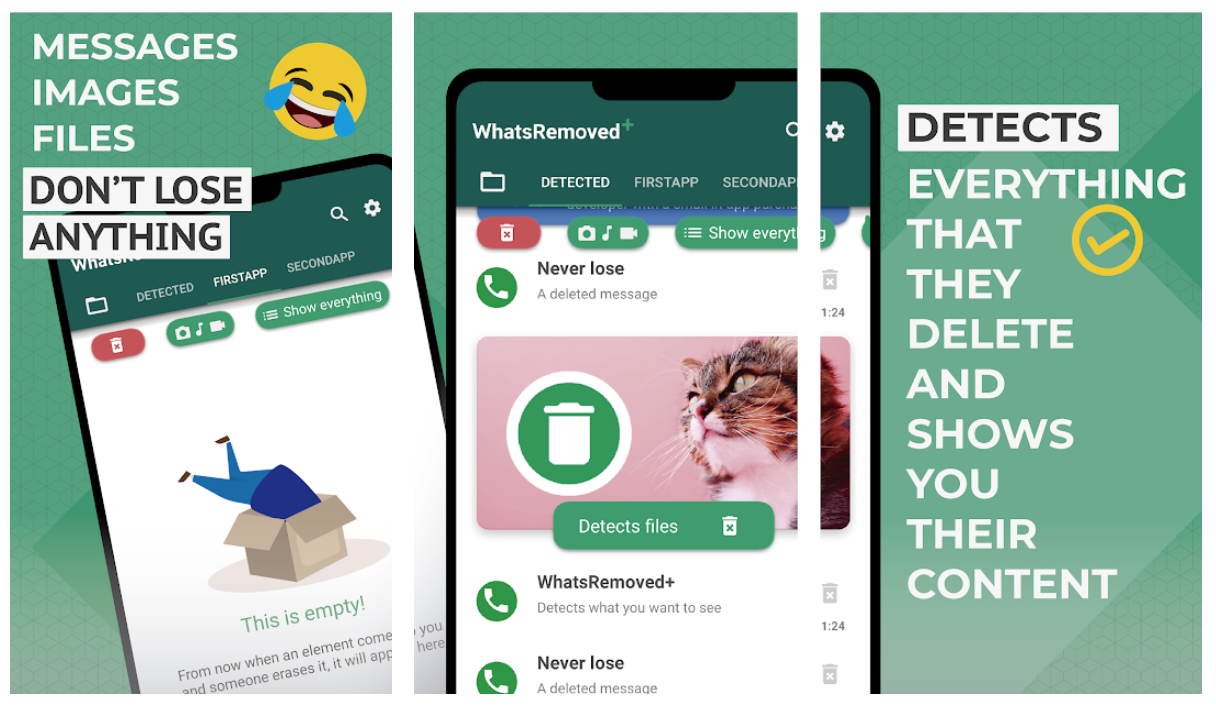

That last concern was somewhat overblown, but it pretty much ended the positive press cycle. The network was flooded with spam, it had a bullying issue and people worried it would track their location.

Sexual predators were using it to lure potential victims. Despite its core assurance of privacy, the app collected enough data that the company could rat you out to law enforcement if push came to shove. (Snapchat, with its temporary photos, held similar appeal.) By 2013, tech media was hyping Whisper as the next big thing, but in 2014, the flattering headlines were dropping. The platform was immediately popular with Gen Z youths then fleeing Facebook in droves in hopes of minimizing their digital footprint. How boring.Īnd so, in 2012, the world eagerly welcomed a new app called Whisper, pitched by founder Michael Heyward as the “ anti-Facebook.” The idea was to harvest anonymous confessions and gossip for content: Type your secret, pair it with an image and set it loose without worrying that the disclosure could come back to haunt you. Posting under your real name, to everyone you’d ever met, called for painting yourself in the best light. But long ago, before Trump’s MAGA movement and the pandemic, we had a different complaint about Facebook: It turned everyone into self-congratulatory dorks. Nice timing, what with the slew of embarrassing stories to come out of internal memos leaked by a former employee.

Facebook’s rebrand as “ Meta,” is the big news in tech this week, as the company positions itself as more than just a social network for spreading misinformation.


 0 kommentar(er)
0 kommentar(er)
